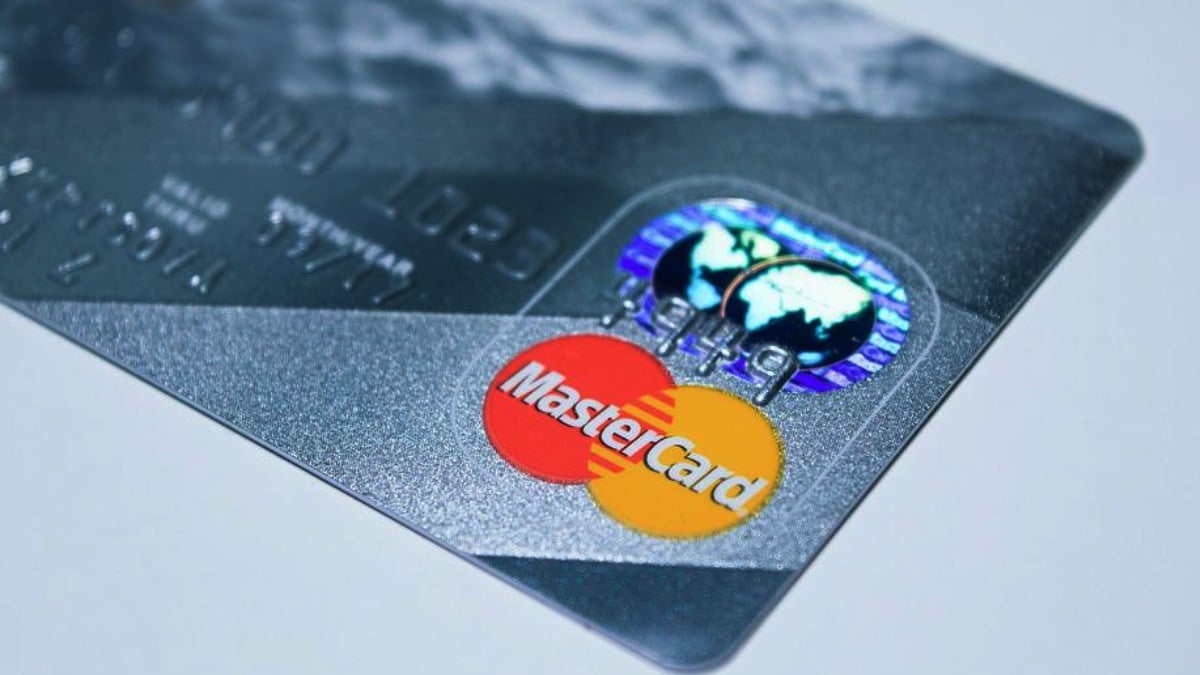A new crypto debit card has entered the fintech ecosystem, programmed with the crypto-to-fiat bridge functionality. DeFi firm 1inch has collaborated with cards payment giant Mastercard to launch this card. The card has been developed by Baanx, a cryptocurrency payments specialist authorised by the UK’s Financial Conduct Authority (FCA). Mastercard believes that crypto-enabled cards make for a significant tool that bridges the gap between fiat and crypto currencies. The US-based company has been taking several pro-crypto steps to establish its name in the Web3 sector for some years now.
The debit card by 1inch will allow holders to pay for their purchases through cryptocurrencies for both online and retail purchases. The card will work anywhere Mastercard is accepted.
“This is another major step towards onboarding mass users to DeFi,” said Sergej Kunz, 1inch co-founder. “With the 1inch Card, the user can benefit from the advantages of both DeFi and traditional finance.”
The card will let its holders convert their capital from fiat to crypto. The holders, however, will need crypto tokens in their 1inch wallet.
“Baanx is pleased to integrate the Crypto Life Card into the 1inch user ecosystem in partnership with Mastercard and looks forward to a successful partnership,” said Simon Jones, CCO, Baanx and Crypto Life.
Mastercard will provide the underlaying technology that will power this card. Each card will come with the traditional details engraved like a number, validity date, and CVC.
“Leveraging Mastercard’s leading technology and standards, the 1inch Card is connecting Web2 and Web3 worlds in an innovative way,” said Christian Rau, Senior Vice President, Crypto and Fintech Enablement at Mastercard.
The cards giant, in a recent pro-crypto move, initiated work on launching a crypto-based loyalty rewards programme. The company has already partnered with crypto exchanges including Binance, Nexo and Gemini to offer crypto-linked payment cards in some countries.
This new debit card, for now, will be made available in the UK and the European Economic Area (EAA) for its initial roll-out phase. A waitlist is now open for interested users should they want to acquire this card.
Check out our Latest News and Follow us at Facebook
Original Source

